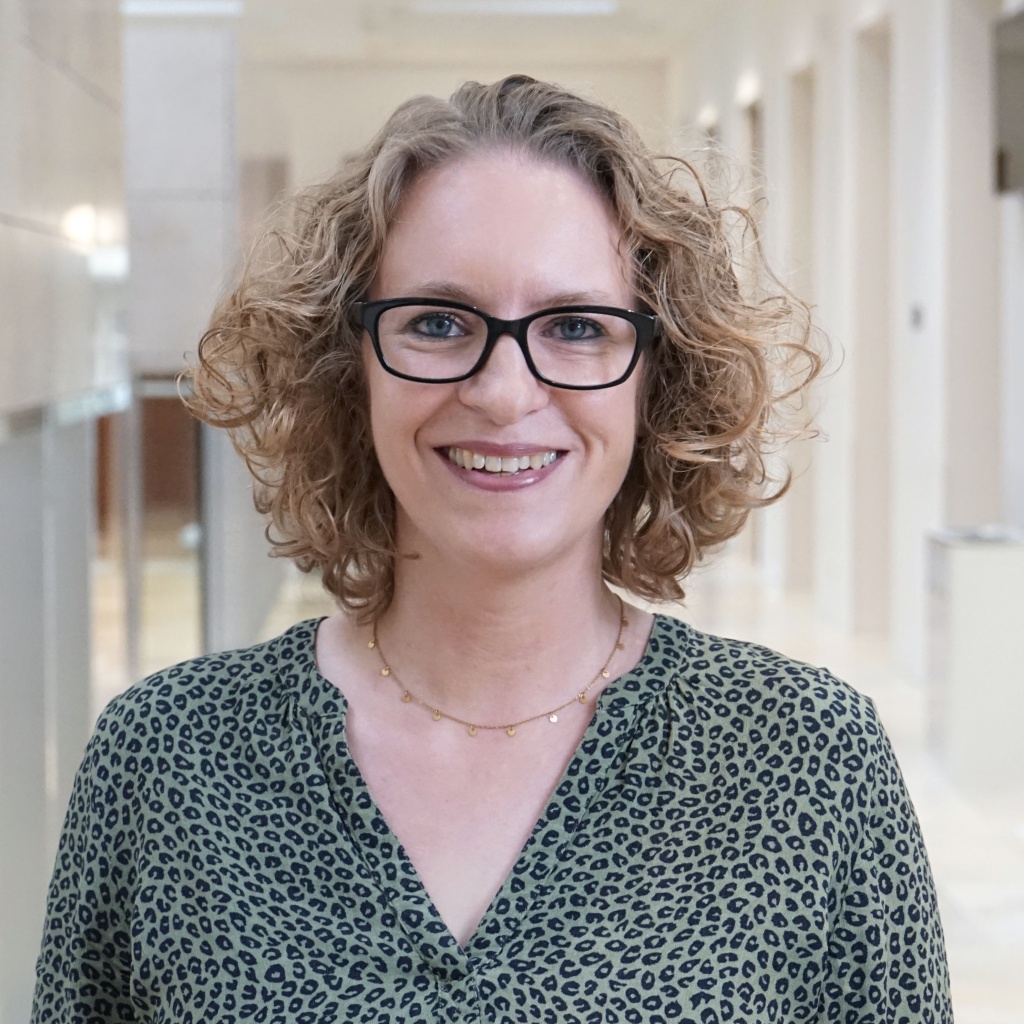Hybrideseminar: Does replacing grants by income-contingent loans harm enrolment? New evidence from a reform in Dutch higher education
Dinsdag 7 juni 2022 geeft Dinand Webbink (EUR) een online presentatie getiteld: "Does replacing grants by income-contingent loans harm enrolment? New evidence from a reform in Dutch higher education." Indien u wilt deelnemen stuurt u een e-mail naar Simone Pailer (S.Pailer@cpb.nl). U wordt aangemeld bij de receptie of ontvangt een Webex-uitnodiging via Outlook
In 2015 a so-called social loan system was introduced in Dutch higher education which replaced universal basic grants by income-contingent loans and increased supplementary grants for low-income students. This paper evaluates the impact of this reform on enrolment in higher education using administrative data of ten complete student cohorts. Students are observed during seven years which mitigates bias in the evaluation from anticipating behaviour or postponement of decisions. Estimates of differences between cohorts based on local randomization show no negative effect of the policy on enrolment. We also don’t find a negative effect for low-income students or other vulnerable groups of students. The estimated treatment effect does not differ from ‘in-time-placebo’ estimates based on cohorts not treated by the reform. Moreover, we investigate the impact of the supplementary grant by exploiting the eligibility criteria in a kink regression discontinuity framework. We find no evidence for a positive impact of the size of the grant on enrolment at the location of the kinks for the minimum and maximum amount of the grant. These findings suggest that a system of income-contingent loans can facilitate an increase of private contributions without harming access to higher education.
Contactpersonen
